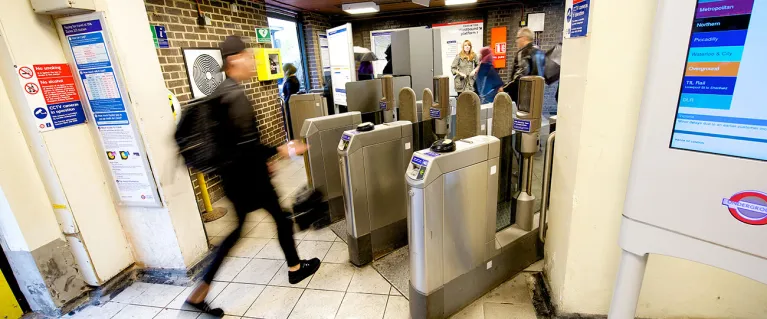
The TfL Funding Settlement: Another short-term sticking plaster
The pandemic has pushed Transport for London’s (TFL's) finances to the brink. During lockdown, Londoners did the right thing and stayed away from public transport wherever possible to protect each other and ensure a safer commute for our key workers.
TfL is unique compared to other transport authorities in the world in that it is mostly dependent on fares for its income. This is largely down to the fact that the Government took the decision, in 2015, to remove TfL's £700 million annual operating grant from April 2018 onwards.
With passenger numbers having plummeted and struggling to fully recover since March 2020, this has left TfL acutely vulnerable to the impacts of the pandemic on fare revenues.
After rounds of heated negotiations, the Department for Transport (DfT) have so far provided TfL with three time-limited emergency funding deals. The Government have treated TfL very differently compared with other transport systems across the country and with private rail
operators who were handed a blank cheque at the outset of the pandemic to keep their services running for 18 months.
Instead, Ministers have slapped on a series of damaging conditions to the short-term, sticking plaster deals it has given to TfL. These include ordering long-term cuts to TfL’s budget, extending the congestion charge, and demanding a commitment to implementing poor value for money ‘driverless’ trains- to name a few examples.
Before the COVID-19 outbreak, TfL’s financial outlook was looking much brighter with the current Mayor Sadiq Khan taking action to reduce its operating deficit by 71% and increase its cash reserves by 13%.
The Government’s punitive approach to TfL’s financial future not only jeopardises London’s economic recovery, but that of the country. Ministers know that investment in London’s transport system creates jobs and generates dividends for the rest of the country, but they have decided to act against their own ‘levelling up’ agenda.
Need a document on this page in an accessible format?
If you use assistive technology (such as a screen reader) and need a version of a PDF or other document on this page in a more accessible format, please get in touch via our online form and tell us which format you need.
It will also help us if you tell us which assistive technology you use. We’ll consider your request and get back to you in 5 working days.